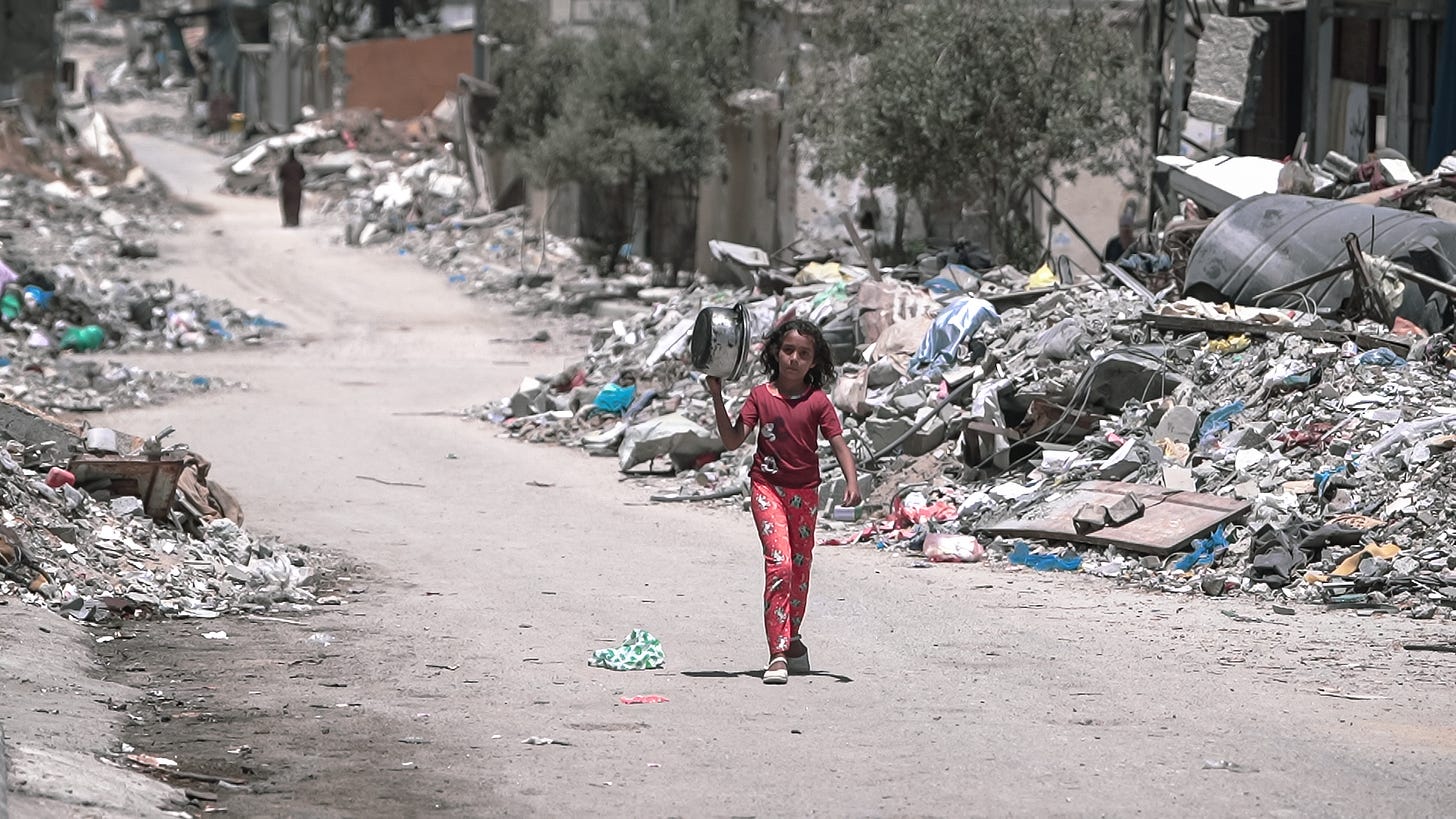LATE LAST YEAR, WHEN the noose-and-hammer of the Generals’ Plan was at its harshest peak of ruin, the right-wing Israeli newspaper Makor Rishon sent its former editor Hagai Segal into the dust of Shujayya. The only foreign journalists allowed into Gaza are those willing to mop the blood. There Segal, a former terrorist, found an IDF officer (or rather a…
Substack is the home for great culture



